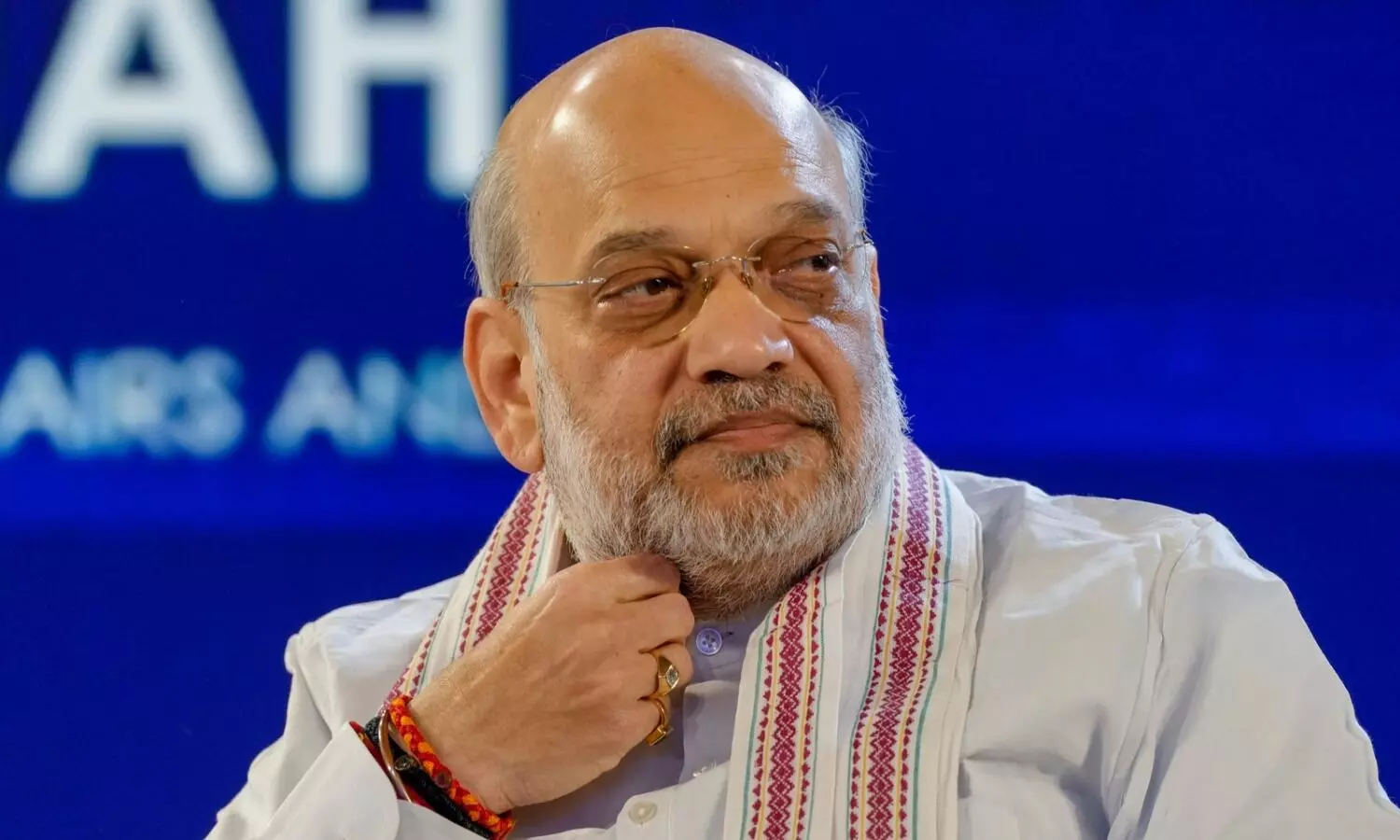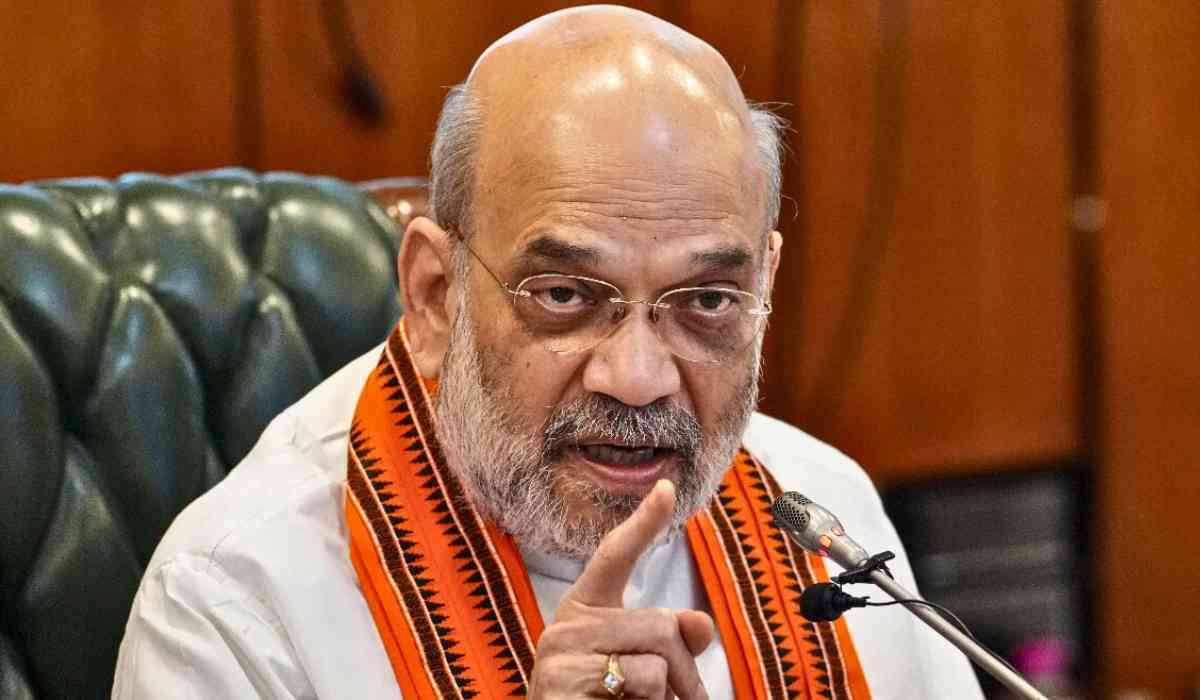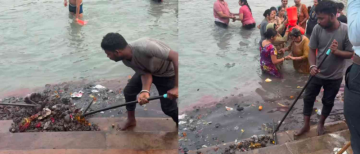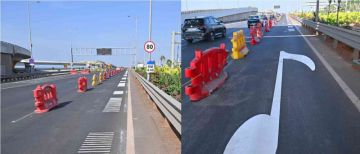In a significant move, the Indian government has asked all states and Union Territories (UTs) to activate their emergency powers under the Civil Defence Rules. This step comes amid rising tensions with Pakistan and recent security threats, including attempted attacks using drones and other means. But what exactly does it mean when the Centre asks states to invoke these emergency powers? How does it affect ordinary citizens? Let’s break it down in simple terms.
What Are Emergency Powers?

Emergency powers are special legal authorities that allow governments to act quickly during times of crisis, such as war, natural disasters, or major security threats. In India, these powers are defined under the Civil Defence Act, 1968, and the Civil Defence Rules, 1968. Section 11 of these rules gives state governments the right to take any measures they think are necessary to protect people and property, or to keep essential services running if there is a hostile attack or similar emergency.
Why Has the Centre Issued This Directive Now?
The Ministry of Home Affairs (MHA) has issued this directive after a series of recent incidents that raised security concerns. There have been reports of attempted attacks on Indian military installations using drones and other weapons, which were mostly intercepted by defence systems. These incidents followed India’s own military actions in response to earlier attacks.
The government’s message is clear: India must be ready to respond quickly if the situation worsens. By activating emergency powers, states can cut through red tape and act fast to protect citizens and vital services.
What Can States Do Under These Powers?

When emergency powers are triggered, state governments and local authorities can:
-
Take immediate steps to protect people and property from harm, such as setting up shelters or evacuating vulnerable areas.
-
Ensure that essential services-like electricity, water, transport, and hospitals-continue to function even during a crisis.
-
Procure emergency supplies and equipment without waiting for lengthy approvals.
-
Activate civil defence volunteers to help with rescue, first aid, public messaging, and evacuation if needed.
-
Coordinate closely with police, disaster response teams, and health departments for rapid action.
-
Set up temporary control rooms or shelters in sensitive districts.
These actions are designed so that administrations can respond within hours-not days-if the situation escalates.
Who Is in Charge During an Emergency?
The Director of Civil Defence in each state or UT takes the lead in activating and overseeing these powers. Local authorities, such as district magistrates and municipal bodies, also play key roles in carrying out emergency measures.
Importantly, the costs for these emergency actions are covered by local bodies, and these actions take priority over all other routine responsibilities.
What Does This Mean for Citizens?

For most people, the immediate impact may not be visible unless the situation escalates. However, if these powers are fully activated, citizens might notice:
-
Increased presence of civil defence volunteers and emergency personnel in public places.
-
Drills, public announcements, or evacuations in vulnerable areas.
-
Temporary shelters or control rooms being set up in sensitive locations.
-
Possible restrictions or special instructions regarding movement or use of public services.
The main goal is to keep everyone safe and ensure that essential services continue without interruption, even if there is a serious threat.
India’s decision to activate emergency powers should be seen as a precautionary measure, not a cause for panic. It is a way for the government to prepare for the worst while hoping for the best. By empowering states to act swiftly, the Centre aims to minimize delays and confusion if a real emergency arises.
This approach also highlights the importance of coordination between central and state governments, as well as the need for public awareness and cooperation during times of crisis.
Bottom Line

The Centre’s directive to activate emergency powers under the Civil Defence Rules is about being ready for any escalation in security threats. It allows states to respond quickly, protect vital services, and keep citizens safe-without getting stuck in bureaucratic delays.
For now, it’s a reminder that in times of uncertainty, preparedness is key. And while most people may not see immediate changes, these measures are in place to ensure everyone’s safety if the need arises.
With inputs from agencies
Image Source: Multiple agencies
©️ Copyright 2025. All Rights Reserved Powered by Vygr Media.























